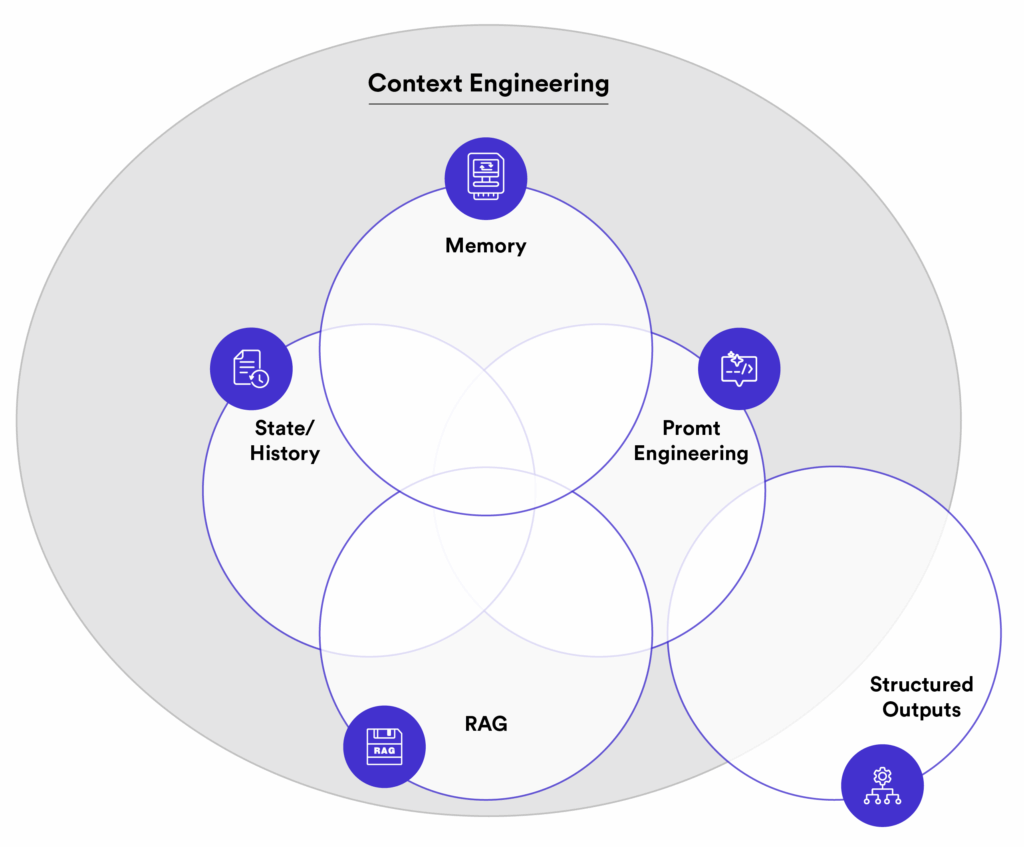Context Engineering: The Key To Successful AI-Driven ERP Upgrades
- Oliver Toloui
- Director – Account Management & Delivery
-
Sep 15, 20255 min read
In the digital transformation era, ERP systems play a crucial role in modern businesses. Artificial intelligence is reshaping industries. AI promises smarter, faster, and more agile ERP systems, but the reality is something else.
The challenge? AI models can only perform well when they’re fed with the right context. Without the right business processes, domain rules, and data, AI might deliver fast but irrelevant results.
This is where Context Engineering emerges as a game changer. It’s not just about telling AI what to do – it’s about providing AI model with the right knowledge in the right structure at the right moment.
How many of us have been sold on the benefits of upgrading our ERP systems, whether it’s enabling new capabilities, streamlining processes, simplifying integrations, or ensuring ongoing vendor support?
Yet, ERP transformations are not easy to achieve and often result in certain problems. It includes budget overruns, lengthy delays, reliance on costly consultants, and the diversion of critical internal resources from their primary roles. This becomes problematic for established enterprises, whose success is built on decades of specialized knowledge across various factors such as regions, departments, and business units.
Currently, the average S&P 500 company has over 20 years of operational experience. This indicates a clear sign of how deep and complex their business context is.
In recent years, AI has become a key solution to this problem. However, the idea that off-the-shelf AI solutions, guided only by clever instructions (prompt engineering), can truly understand decades of accumulated business context is unrealistic. The reality is that, in ERP implementations, context is king. This is why a more sophisticated approach is essential – Context Engineering.
As business leaders, we continuously seek innovative ways to improve profitability while reducing risks. AI is frequently hailed as a transformative solution that can deliver streamlined processes, shorter timelines, and lower costs. Imagine expecting a generalist to instantly adopt your decades-old business nuances based only on brief, superficial instructions. AI solutions need far more depth to achieve meaningful results.
To appreciate why Context Engineering is essential, let’s first contrast it with traditional Prompt Engineering:
A basic method of interacting with AI, which is quickly becoming outdated because it:
Consider an intern given one-time instructions to complete the task “update a variety of financial reports.” Without detailed context such as specific accounting rules, historical adjustments, or company-specific guidelines, they are unlikely to produce accurate, repeatable, meaningful results.
In contrast, Context Engineering deeply integrates your company’s comprehensive knowledge by:

Organizations often face significant problems during ERP implementations. This includes:
Context Engineering directly addresses these challenges by embedding extensive, company-specific context into AI solutions. This approach ensures comprehensive stakeholder alignment, regulatory compliance, seamless data consolidation, and tailored test scenarios.
Our Context Engineering solution consolidates diverse, essential business assets, think Technical & Product Design Documents (TDDs, PDDs), RICEFW, business rules, process flows, and historical examples, into a unified, context-rich secured AI environment. Within hours, this sophisticated AI-driven approach evaluates ERP requirements against your specific business rules, generating precise, customized testing scopes for System Integration Testing (SIT), User Acceptance Testing (UAT), and regression testing, complete with detailed manual test steps tailored explicitly to your organization’s unique processes and data points.
This reduces test scope and script generation from weeks of resource-intensive manual workshops to mere hours. Thus, delivering greater accuracy, immediate usability, and continuous improvement through human-in-the-loop validation. By deploying a context rich environment as detailed above, you can mitigate the traditional pitfalls of prompt engineering AI:
By adopting Context Engineering, our clients experience tangible, executive-level benefits, such as:
As reliance on ERP systems grows, contextually intelligent AI is no longer merely beneficial, it’s a necessary resource! Organizations transitioning from Prompt Engineering to Context Engineering can realize unparalleled accuracy, efficiency, and agility, transforming daunting ERP upgrades into strategic business advantages ensure the sold dream of ROI is turned into a reality.